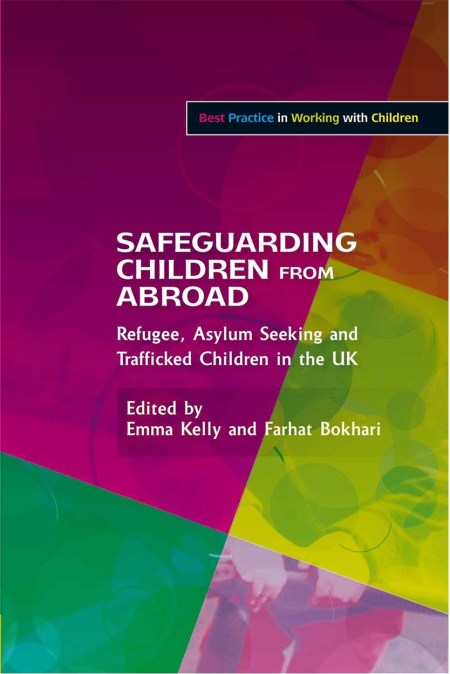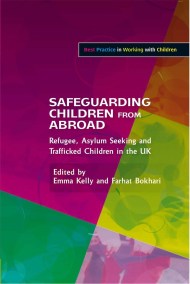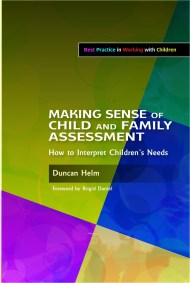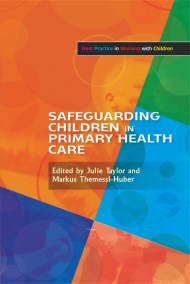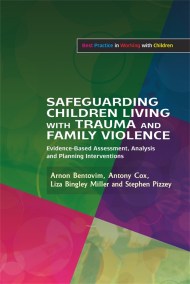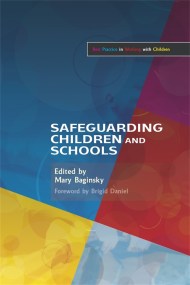Children from abroad who are alone in the UK are vulnerable and at increased risk of harm without the care and protection of their parents or caregivers. They may be unaccompanied asylum seekers, refugees, or victims of trafficking.
This book examines the issues and problems faced by these children, what their needs are, and how these needs should be met in order to ensure their effective safeguarding. It demonstrates that these children often receive a different level of service to children who are UK citizens, and examines how these gaps in services can be addressed. Chapters cover the identification and age assessment of separated children, accommodation provision, private fostering, mental health, detention and returns, and the role of the guardian. Case studies and best practice points are included throughout the book.
This important book will be essential reading for all those who encounter separated children, including social workers, counsellors, health care professionals and those working in the voluntary sector.
This book examines the issues and problems faced by these children, what their needs are, and how these needs should be met in order to ensure their effective safeguarding. It demonstrates that these children often receive a different level of service to children who are UK citizens, and examines how these gaps in services can be addressed. Chapters cover the identification and age assessment of separated children, accommodation provision, private fostering, mental health, detention and returns, and the role of the guardian. Case studies and best practice points are included throughout the book.
This important book will be essential reading for all those who encounter separated children, including social workers, counsellors, health care professionals and those working in the voluntary sector.
Newsletter Signup
By clicking ‘Sign Up,’ I acknowledge that I have read and agree to Hachette Book Group’s Privacy Policy and Terms of Use
Reviews
Overall the book achieves its aim of being an accessible document for a variety of professionals who may be involved in work with separated children. It demystifies practice, highlighting the need for a focus on the needs and welfare of children, while it does not shy away from the complexities of working with a particularly vulnerable group of children on the move.
The book is highly readable and the chapters cover a wide range of issues, enabling the reader to dip into particular topics.
This book highlights... contemporary legal, policy and practice developments. Personally, I was surprised by the new Scottish pilot programme for unaccompanied asylum seekers, but, to find out more, I highly recommend reading this book.
The book is a realistic one. It does not shy away from the more unsavoury aspects of child refugees or asylum seekers. It holds out no false hope but there is the suggestion that where legislation is used properly, more help than harm is offered to these children and young people. There is a wealth of references and an extensive bibliography at the end of each chapter which will be invaluable to students and professionals where this phenomenon is a key aspect of their work.
